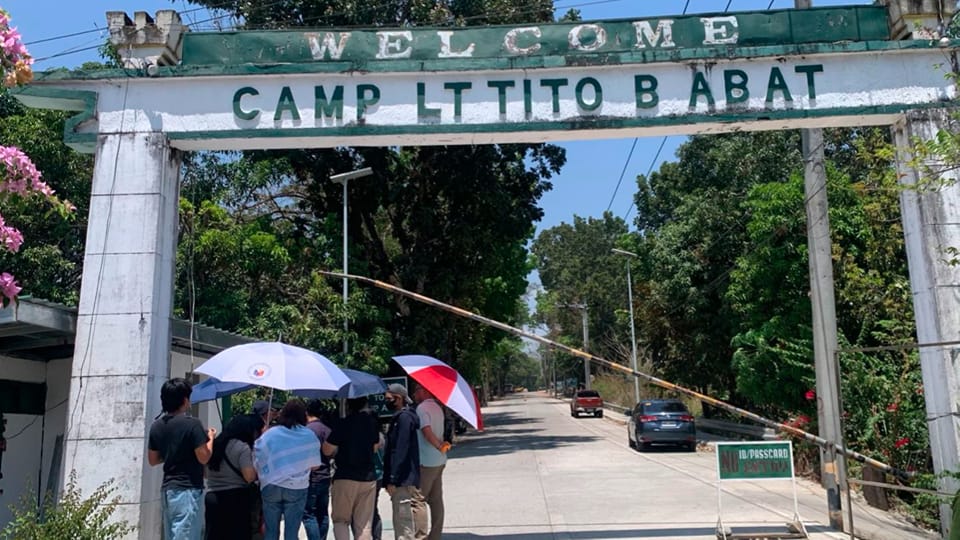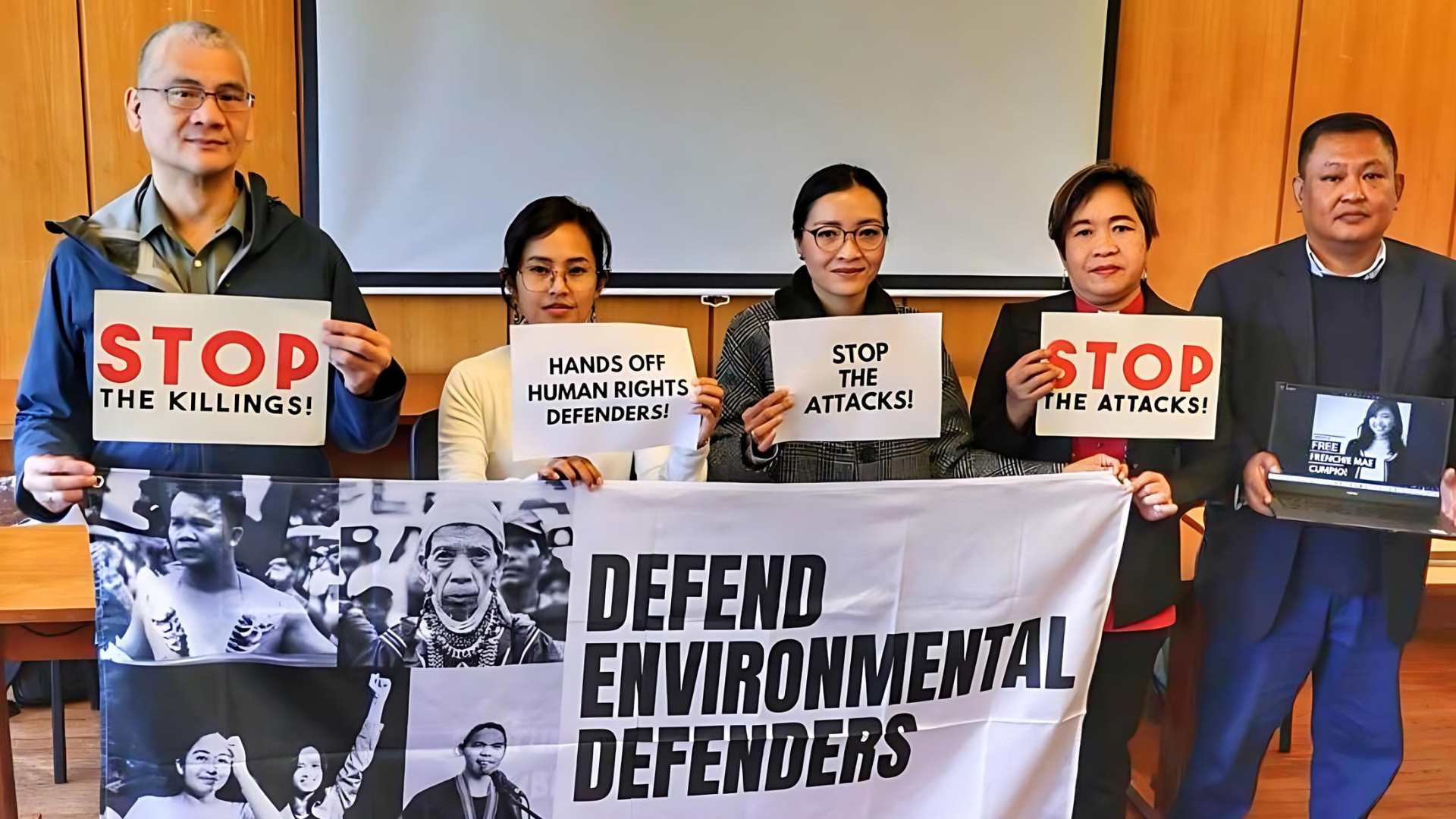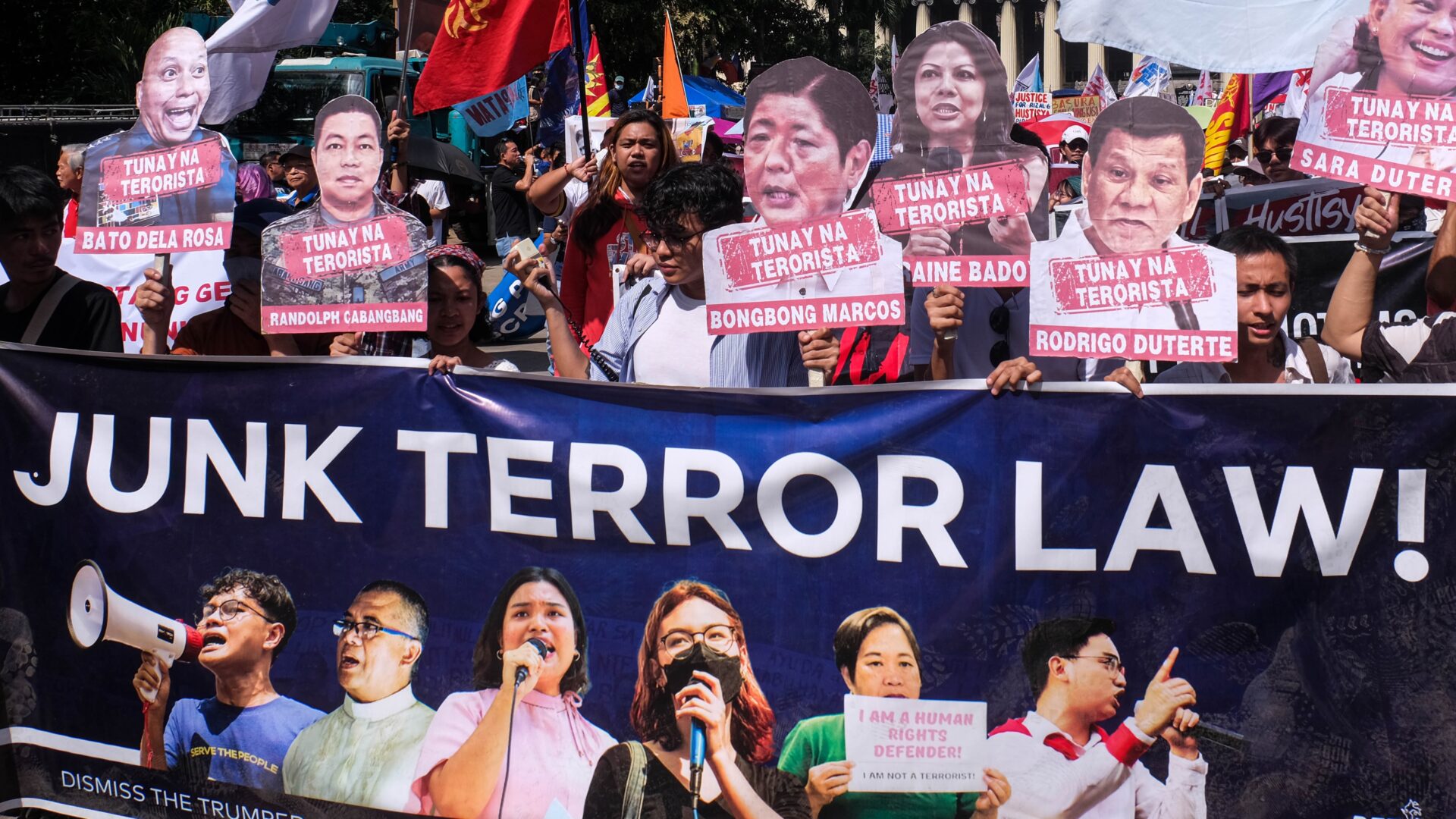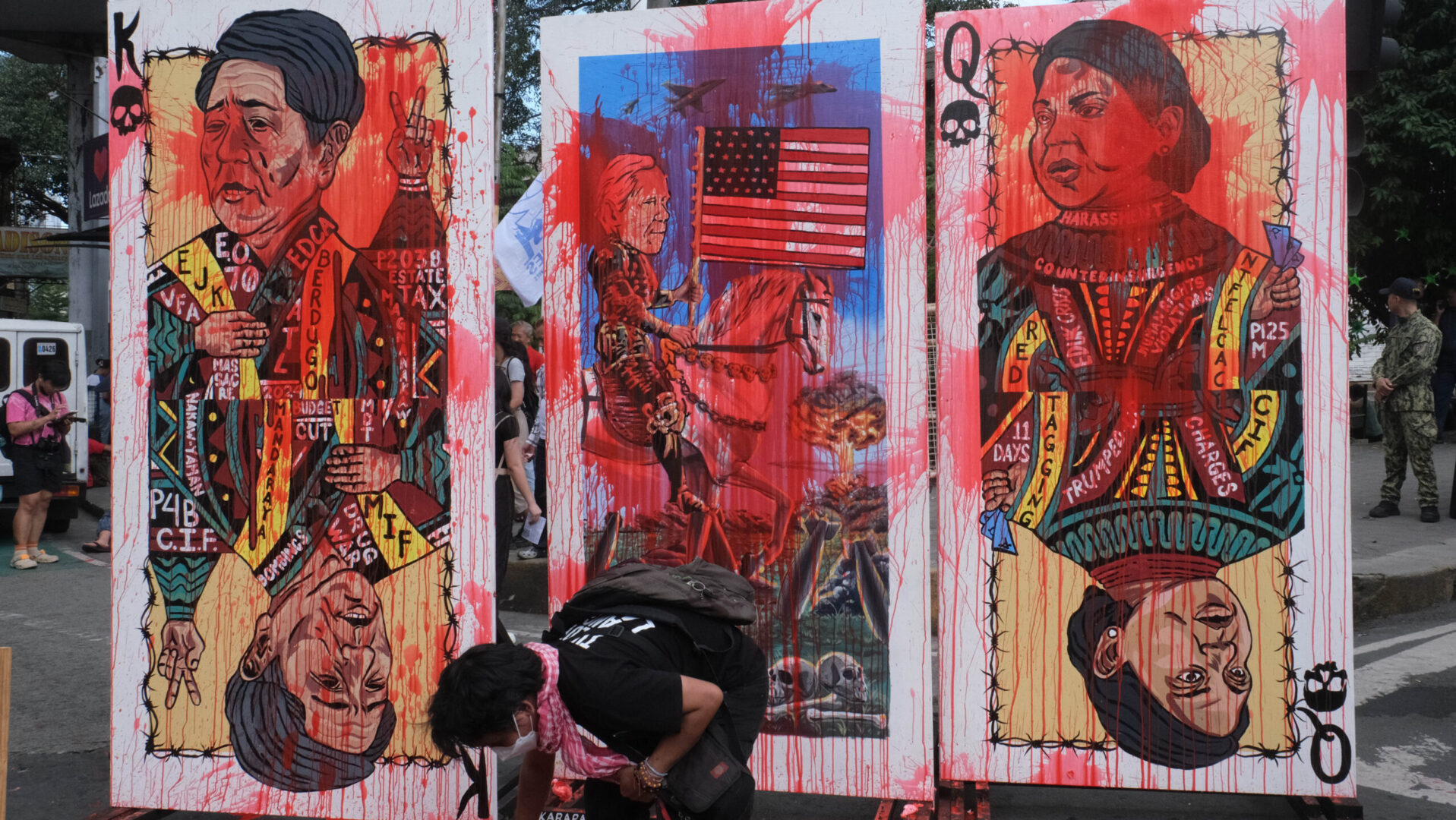Maguindanao war victims share their ordeals
Families affected by the recent armed-conflict in Maguindanao reveal fearful concern over military intrusion in their communities in a forum held on Thursday by advocates of human rights in this city. The forum, organized by human rights group Kawagib and its partners, also brought to light some heartrending stories of civilians in war-torn communities. The […]


Families affected by the recent armed-conflict in Maguindanao reveal fearful concern over military intrusion in their communities in a forum held on Thursday by advocates of human rights in this city.
The forum, organized by human rights group Kawagib and its partners, also brought to light some heartrending stories of civilians in war-torn communities.
The latest round of skirmishes in the province between the military and the Bangsamoro Islamic Freedom Fighters (BIFF) lasted for over a week and disrupted the lives of close to 30,000 civilians. Whilst fighting is at a halt civilians return home in hopes of restoring their lives.
But most of them are aghast to see their homes vandalized and some of their belongings divested.
Further, the continuing presence of the military perturbs them.
“We feel anxious at the sight of these soldiers knowing the clear danger they pose to us. They should be protecting us instead of exposing us, knowingly, to harm,” says Fairudz Usman, 47, of Barangay Iganagampong, Datu Unsay.
Usman said that every house in their community including a health center bear damages from bullets and forced entry.
Their family, however, mourns not just the loss of some of the meager belongings they own.
Speaking in vernacular, she said they still grieve the untimely passing of her granddaughter, four year-old Asmayra Usman, and continue to demand justice for her death.
Based on a factsheet released by Kawagib, Asmayra died due to the indiscriminate firing of soldiers stationed near the evacuation camp where they were staying.
“Asmayra was full of life, “her grandmother tells participants at the forum. “She couldn’t wait to reach Grade 6. It was her dream,” she said.
Usman lamented the fact that evacuation sites do not provide the safety displaced families seek and feels that existing condition in their community imperils their well-being.
According to residents in the village of Iganagampong, the military restricts farmers from tending to their farms.
“We were only allowed up to two hours to harvest crops and only ten of us can go to our farm each day,” says Wahida Luna, one of the farmers.
Luna said the soldiers would take their pictures first and oblige them to log in their names before they are allowed to proceed to their farms.
“They have initially forbid us to go to our farm because according to them the BIFF has littered the area with mines; but we pleaded. We have no other means of subsistence,” she said.
“With only two hours, we practically accomplish nothing,” she complains.
Kawagib has so far documented five grave human rights violations related to the recent conflict in Maguindanao after its fact-finding activity on September 13.
Usman and other residents are convinced that the lingering presence of soldiers violates their right to a safe and peaceful community.
“If only this government truly listens to the voices of the poor and the oppressed, we’d see an end to the oft-repeated cycle of war in the province,” she said.




